Fossil Fuel

Why Are Carbon Credits Bad? The Hidden Dangers of Carbon Credits
The carbon credit market is booming, but many experts believe it has several critical failures that reduce credit effectiveness. With foundational changes, the market can navigate these risks and be a valuable tool for decarbonisation.
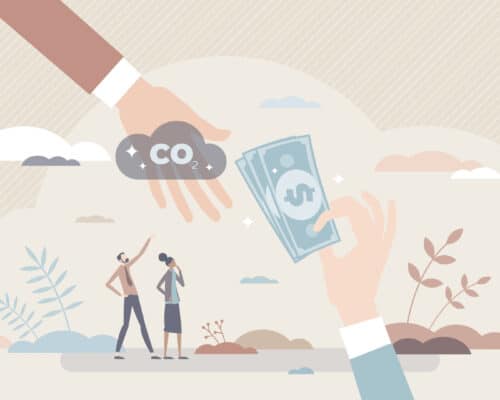
Does Carbon Offsetting Work?
Carbon offsets are becoming essential to corporate decarbonisation, yet their impact in reducing emissions is highly debated. There is mounting evidence that the environmental benefits of a large portion of offsets sold on the market are exaggerated or worthless. However, with proper oversight and management, offsets can be critical in combatting unavoidable emissions.
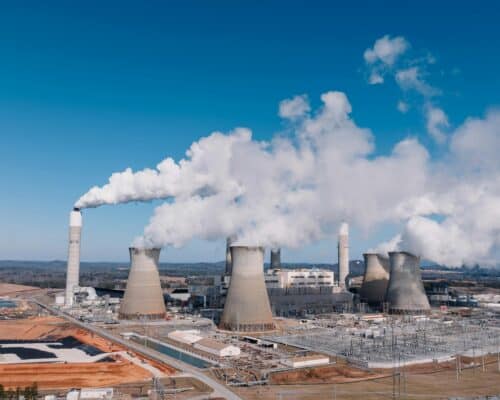
The State of Fossil Fuel Funding in 2024: The Biggest Corporate and State Backers
While unbearable heatwaves, catastrophic floods, and other devastating climate impacts are multiplying in frequency and severity, experts reveal that the top 60 largest private banks have provided USD 6.9 trillion to fossil fuels since the Paris Agreement.

Steel Decarbonisation: A Pathway To Development
Decarbonising the steel industry is necessary for global climate goals and hinges on scaling up low-emissions production technologies, like renewable energy-powered EAFs and green hydrogen. An improved policy framework and industry support are critical for this shift.
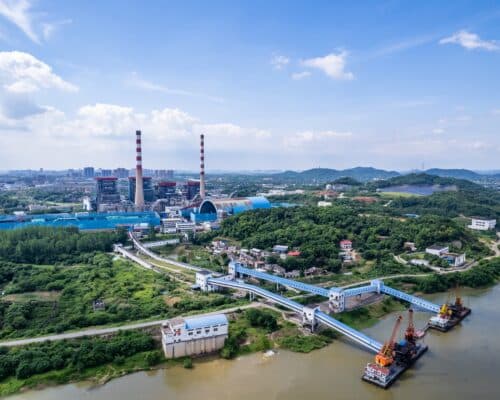
ASEAN Countries Do Not Yet Have a “Young” Coal Power Plant Problem [Op-Ed]
The recommended pathway to limit the global temperature increase to below 1.5°C is for developed countries to phase out coal power generation by 2030, while developing countries should do so by 2040. Hozefa Merchant shares his view on the challenges of transitioning from coal to clean energy should the region add new coal capacity.
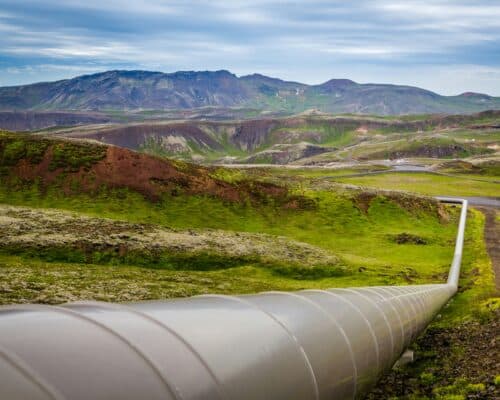
Investors Pulling Out of the Barossa Gas Project Adds to the Uncertainty
Since its announcement, the Barossa gas project has made the news due to legal disputes over its environmental impact, delays, and rising project costs. In the latest blow, prominent investors and financiers are pulling out their support for the project, leaving question marks about the project's future financing and completion.
How Bangladesh and Pakistan Can Survive the Energy Crisis
Fossil fuel import dependence has put Pakistan and Bangladesh in a very similar situation. However, both countries' pathways for salvaging it are also comparable: diversifying their energy mixes with a focus on renewables and reduced reliance on deliveries.

Heavy Industry Companies in China and India Are Lagging On the Just Energy Transition
The latest rankings of Heavy Industry Companies from the nonprofit World Benchmarking Alliance show that companies in Asia’s two largest countries and greenhouse gas emitters, China and India, are failing to implement clean energy and ethical standards compared to their counterparts across the region and the world.

Taiwan’s Tech Companies Can Lead The Energy Transition
Taiwan’s tech companies are struggling to decarbonise. But the opportunity to lead the island nation’s...
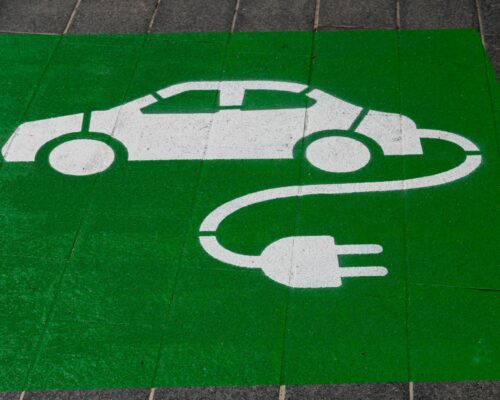
How to Decarbonise Transport: A Challenging But Realistic Mission
Decarbonising the transport sector will be challenging, especially in the air and maritime segments. However, progress in road transport shows that bringing technical, commercial and scalability barriers is possible if there is strong policy support.
A Recap on the G7 Climate Commitments in 2024 – Podcast
In this episode of Energy Insights, we recap the G7's climate commitments and the G7 environment ministers' meeting in Turin, Italy.

High Costs and Renewables Surge Weaken Asian Gas Demand Forecasts
Long-term gas demand growth forecasts are starting to show signs of weakness due to energy security issues, national decarbonisation goals and the continuously decreasing costs of renewables.

LNG Expansion in the Philippines Harms Communities and Coral – Podcast
Energy Insights speaks with Liza Osorio from Oceana in the Philippines about the impacts of LNG development on marine ecosystems and communities nearby gas plants. Liza is an environmental lawyer and is the legal policy director of Oceana, Philippines.
Most Popular
Categories
-
9
-
33
-
126
-
4
-
17
-
43
-
52
-
11
-
10
-
15
-
24
-
6
-
6
-
250
-
196
-
14
-
23
-
1
-
1
-
23
-
38
-
42
-
84
-
18
-
82
-
41
-
17
-
10
-
40
-
43
-
86
-
284
-
21
-
40
-
35
-
10
-
41
-
36


